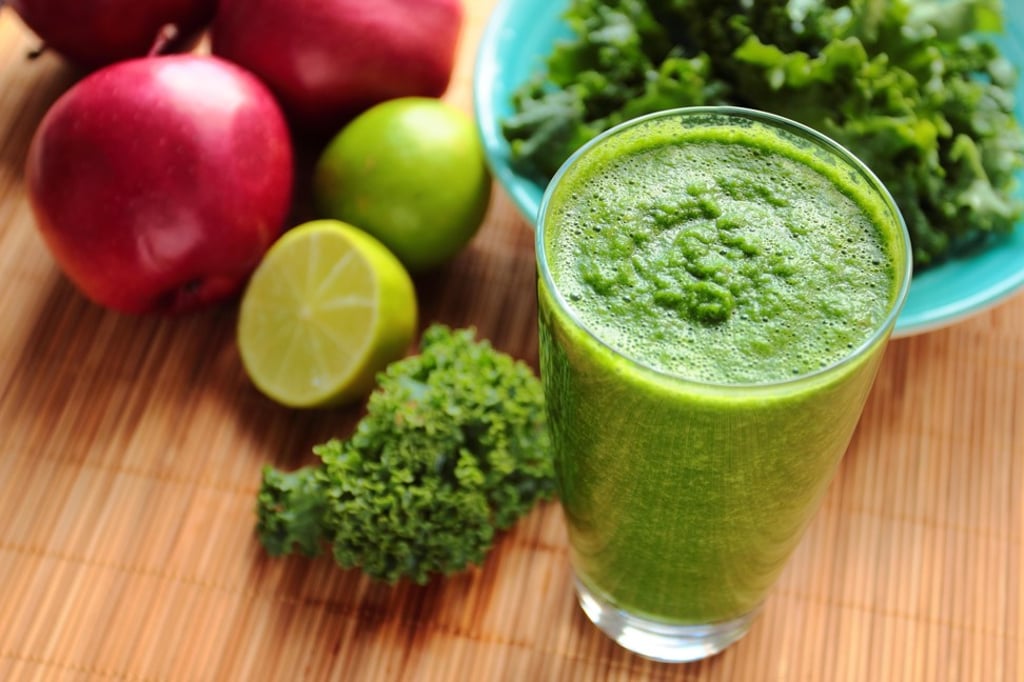The 'halo effect' of superfood, gluten-free and organic food - are you getting scammed by marketers?

Words on packaging such as superfood, all-natural, organic and gluten-free can make us think that something is better choice … but it’s not always the case
When you see the words superfood, organic, all-natural and gluten-free do you let your guard down and deem the product healthy?
How many times have you been suckered into buying something you didn’t like or need simply because of the marketing buzzword?
Let’s debunk some popular foods that create what we call the “health halo effect”, where food marketers imply that products are healthier than they actually are.
Kale
Don’t get me wrong. When kale is eaten in its wholesome form, it is, indeed, a healthy vegetable.
In recent years, however, products with kale are popping up in grocery aisles, from crisps to crackers, popcorn, cold-pressed juices and more.
When kale is presented in pre-packaged foods, such as in the form of kale crisps, you are also eating a whole load of sodium and fat as these kale crisps are typically blended with added flavours to mask the natural bitterness from kale.
